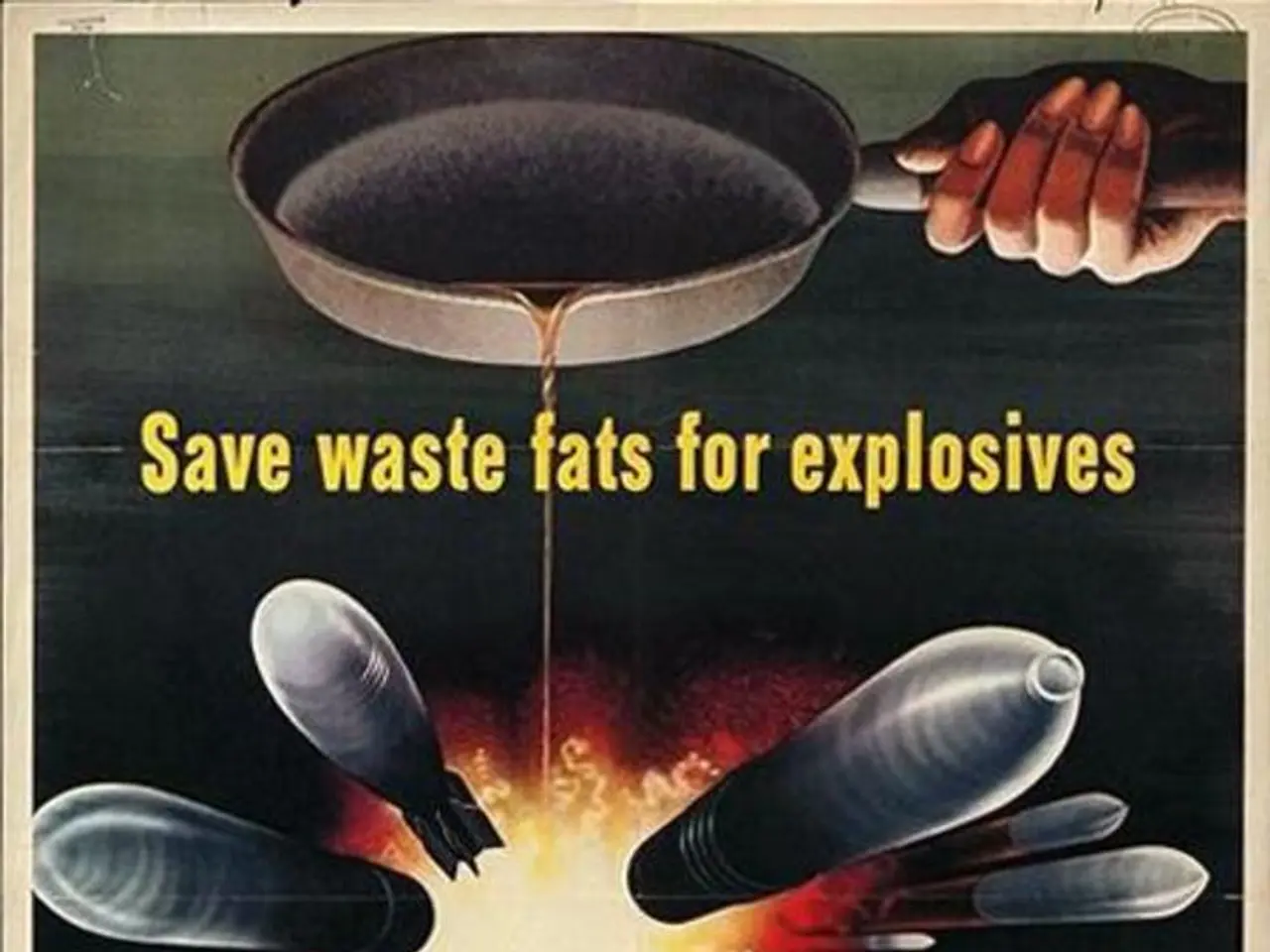The Importance of the European Parliament lies in shaping the European Union's progression.
In a lively panel discussion held at the plenary hall of the Bergische IHK, representatives from various political parties gathered to discuss their economic policy goals ahead of the Bundestag election. The event, attended by over 150 guests from business, politics, and administration, was moderated by Thorsten Kabitz.
The discussion covered a wide range of topics, including the handling of the debt brake, childcare, the shortage of skilled workers, and the question of immigration. One of the key points of contention was the future of energy policy, with panelists expressing almost unanimous agreement that energy should be cheaper.
Dr. Ophelia Nick, representing the Greens, advocated for the expansion of sustainable energies, believing it to be the most cost-effective solution in the long run. In contrast, Dr. Frank Schnaack from the AfD called for the abolition of CO2 taxes and a focus on fossil fuels.
The panel discussion also included the handling of US President Donald Trump and his trade policy. Jürgen Hardt from the CDU suggested that corresponding deals had to be made with Trump, while René Schunck from the FDP called for strengthening innovation power in Europe to set an example towards the USA.
Helge Lindh from the SPD emphasized the need for stronger social safety nets and fair wages, while Till Sörensen-Siebel from the Left prioritized economic redistribution and strengthening public services. Dr. Kai Merkel, representing a smaller or newer party, mentioned a shift away from America in terms of energy.
Dr. Ophelia Nick also emphasized the importance of a united Europe in this context. Dr. Frank Schnaack spoke of focusing on other markets like South America, while Dr. Kai Merkel mentioned a shift away from America in terms of energy.
Henner Pasch, the IHK President, encouraged entrepreneurs to promote voting in their companies, expressing concerns about fundamental questions that politics needed to answer, particularly in light of recent nationwide entrepreneur protests. Jürgen Hardt stated that the automotive industry is in crisis mainly because of the wrong decisions made in the executive suites.
The discussion also touched on the issue of bureaucracy, with Helge Lindh admitting that it is partly a problem of politics. Jürgen Hardt also suggested that the supply chain due diligence law had underestimated how much large firms would pass on the obligations to small ones.
In conclusion, the panel discussion provided insights into the economic policy goals of the candidates for the Bundestag election. For detailed, candidate-specific economic policy goals, it is recommended to consult their individual campaign materials or party platforms.
- The discussion on economic policy goals ahead of the Bundestag election extended to policy-and-legislation matters, including the handling of the debt brake, childcare, skilled worker shortages, immigration, energy policy, US President Trump's trade policy, and bureaucracy.
- The panel also addressed politics in the context of economics, with representatives from different parties debating issues like the need for stronger social safety nets, fair wages, economic redistribution, strengthening public services, focusing on alternative markets, and a potential shift away from America in terms of energy and policy perspectives.







